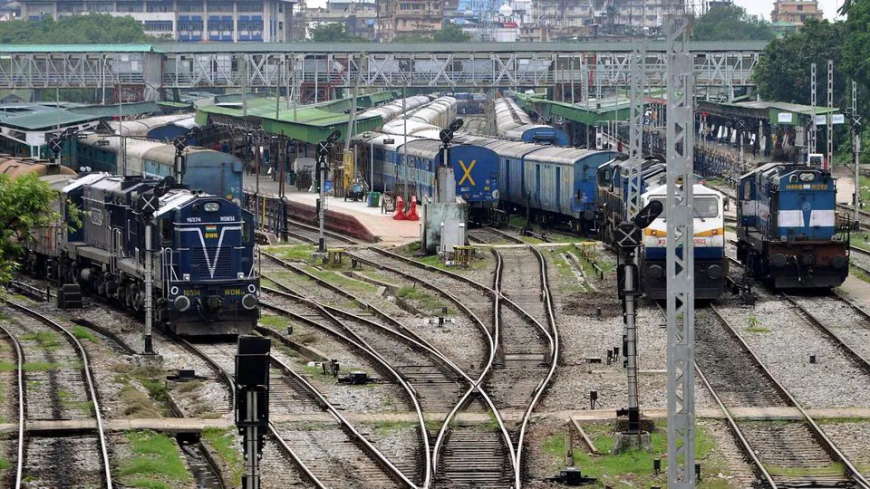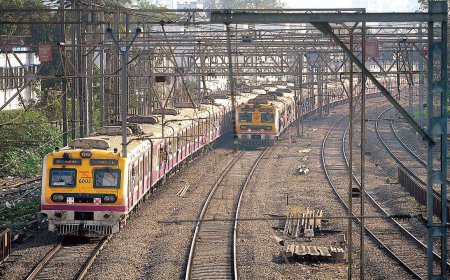MUMBAI: In a significant development for long-distance train travelers, the Indian Railways has announced a reduction in the advance reservation period (ARP) from 120 days to 60 days. This decision, effective November 1, aims to alleviate the financial burden on passengers who previously faced the inconvenience of blocking money for tickets four months in advance, particularly during peak holiday seasons.
The Railway Board issued the directive on October 16, addressing all zonal railways. This marks the 13th adjustment to the advance booking timeframe since the policy was established in April 1981. The new circular also clarifies that cancellations made beyond the new 60-day ARP will still be permitted.
Railway officials indicated that this change is designed to minimize administrative challenges related to high cancellation rates and to address issues such as no-shows, which currently affect about 4-5% of passengers. Reports suggest that nearly 21% of tickets are canceled, often leading to fraud and impersonation concerns within the system.
“This decision will help prevent the blocking of money in advance bookings and encourage genuine travelers,” stated a railway official. “By reducing the ARP, we hope to improve ticket availability and decrease the instances of passengers failing to show up for their journeys.”
Interestingly, while the ARP for long-distance trains will be reduced, foreign tourists will still be able to book tickets up to 365 days in advance, maintaining existing provisions for international travelers.
However, certain express trains, such as the Taj Express and Gomti Express, will continue to operate under their shorter advance booking limits.
Statistics reveal that the majority of ticket bookings—approximately 85%—occur within two months of travel, highlighting the need for a more flexible reservation system. By shortening the ARP, the Indian Railways anticipates a more efficient allocation of resources, reducing the incidence of multiple bookings and ensuring better service for all passengers.
This move comes as a welcome change for travelers looking to plan their journeys without the financial constraints associated with long-term reservations, particularly as the festive season approaches.




 Previous
Article
Previous
Article











